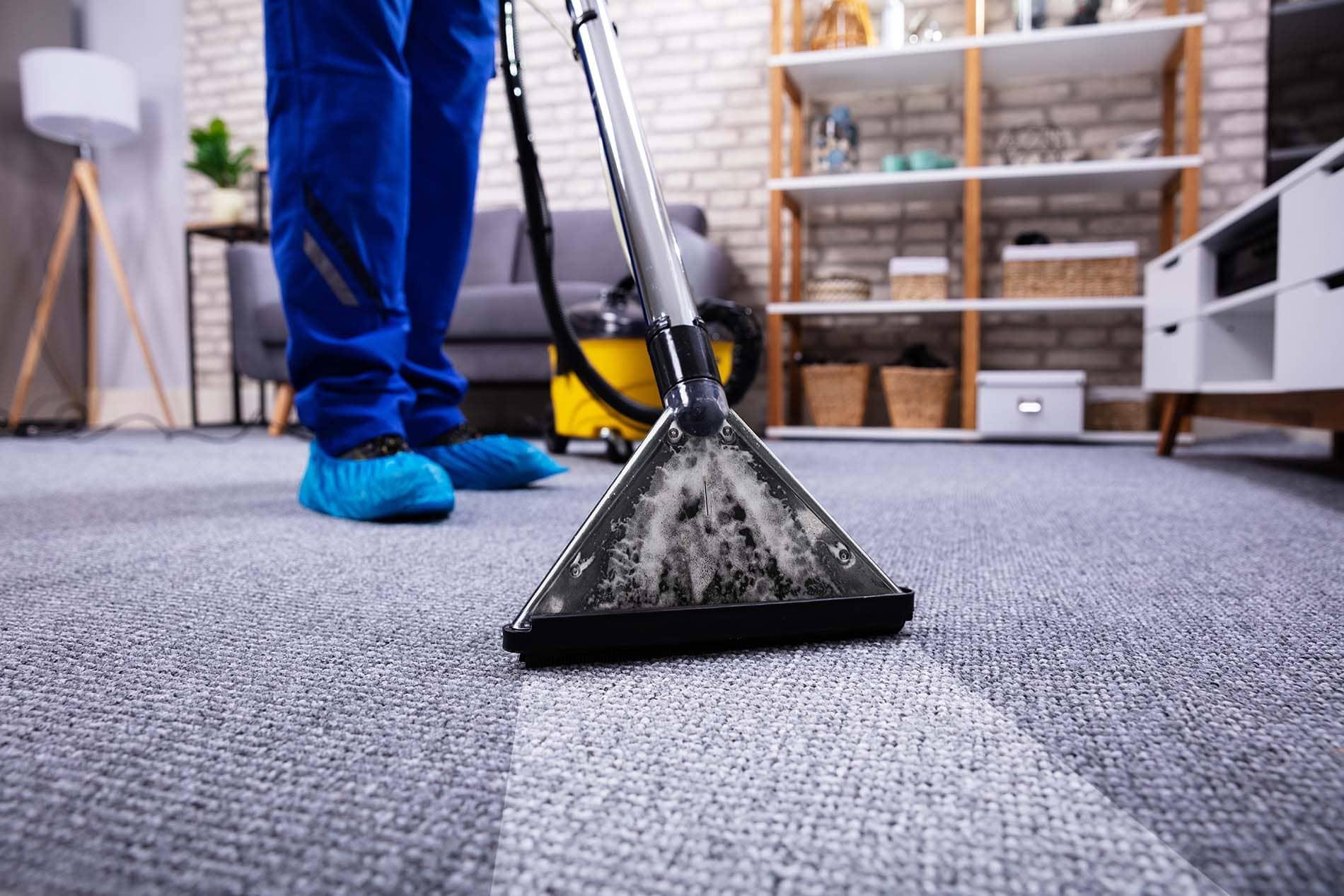The Unseen Impact of Carpets on Your Health
Carpets provide comfort, yet they harbor microscopic particles impacting indoor air quality. These hidden elements turn homes into potential reservoirs for contaminants affecting our daily breathing. Understanding this unseen world is crucial for health.
Carpets function as filters, trapping dust, pollen, and allergens. While initially helpful, without regular cleaning, they become saturated. This leads to the re-release of trapped contaminants back into the living environment, compromising air quality.
Poor indoor air quality, often linked to carpet pollutants, is a growing concern. Every step on a dirty carpet can stir particles into the air, making them easily inhalable. This exacerbates allergies and asthma, underscoring the need for a clean home.
Cleanliness extends beyond visible dirt. Microscopic organisms like dust mites, bacteria, mold spores, and VOCs thrive deep within carpet fibers. Addressing these imperceptible threats is vital for creating truly healthy living spaces.
Consistently breathing air laden with carpet-borne pollutants has long-term health implications, from respiratory irritation to a weakened immune system. Recognizing this link emphasizes carpet maintenance as fundamental for home health.
Regular carpet cleaning is an investment in health, not just aesthetics. A rigorous routine mitigates risks, creating a safer, more breathable atmosphere. This proactive approach significantly enhances overall quality of life for residents.
Where Clean Carpets Make a Difference
- Maintaining clean carpets in residential homes significantly reduces household allergens and dust, promoting better respiratory health. Specialized cleaning might be needed for pet dander.
- Regular carpet cleaning in office environments improves air quality, potentially reducing sick days and boosting employee productivity. High foot traffic requires frequent attention.
- In healthcare facilities, pristine carpets help minimize bacteria and allergen spread, supporting sterile environments. Challenges include strict disinfection protocols.
Expert Perspectives on Carpet Hygiene
Environmental health experts consistently highlight carpets as significant allergen reservoirs. Studies from the American Lung Association show proper cleaning, including HEPA vacuuming and periodic deep cleaning, substantially reduces dust mites and pet dander, alleviating allergy symptoms for many.
While allergen benefits are clear, nuances exist regarding mold and VOCs. Some experts warn improper cleaning moisture can promote mold. Others argue modern materials and professional methods mitigate VOC emissions, making their presence less concerning.
Many specialists advocate professional carpet cleaning services, citing advanced equipment and eco-friendly solutions. Services like ProgressWaveStudio reach deep into fibers, extracting pollutants missed by standard vacuuming. This expert intervention is crucial for optimal indoor air quality.
A counter-argument suggests diligent daily vacuuming is sufficient. However, most professionals agree it cannot replace thorough periodic professional extraction. Frequency depends on factors like pet ownership and foot traffic, requiring a balanced maintenance approach.
Final Thoughts on a Healthier Home
The link between clean carpets and improved health is undeniable. Diligent care, reducing allergens and microorganisms, fosters healthier indoor environments. This empowers proactive enhancement of living and working spaces.
Embracing regular, effective carpet cleaning is fundamental for well-being. Prioritizing hygiene, through personal effort or professional services, ensures a fresher, safer, and more breathable atmosphere for all.


0 Comments:
Leave A Reply